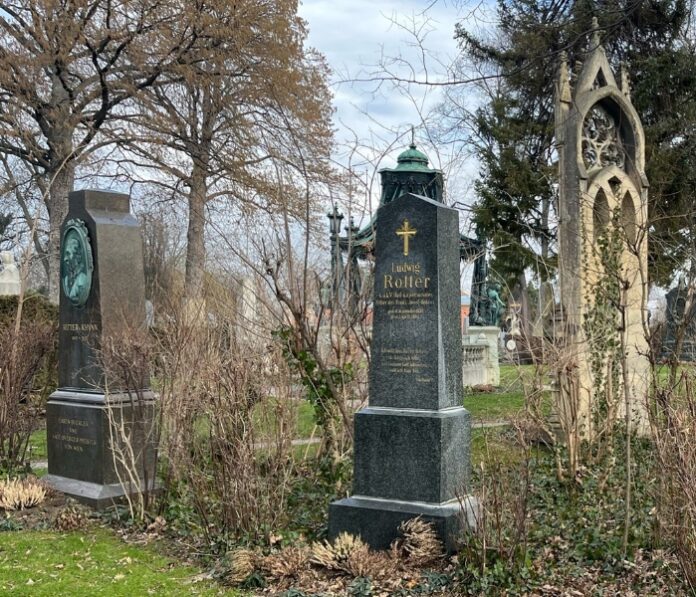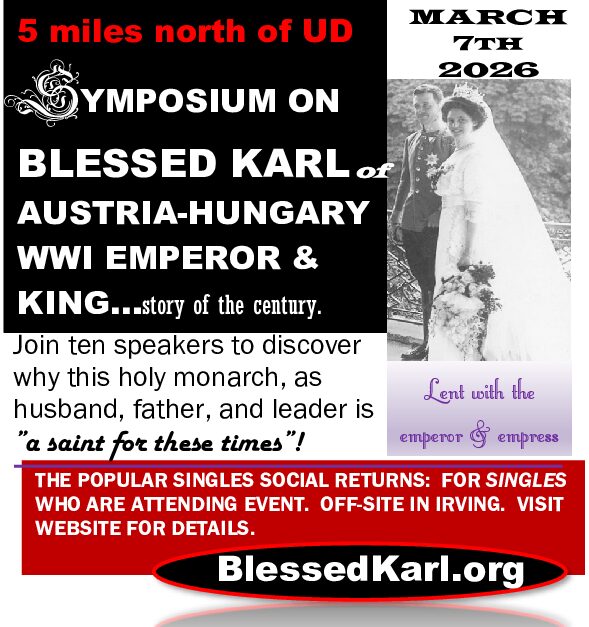
A Chestertonian reflection for Halloween
Disclaimer: All articles published under this section are the opinions of the respective authors and do not necessarily reflect the opinions of The Cor Chronicle
Now is the season for pumpkin launching and carving and lattes. More notably, though, it is the season of the dead. Ghouls run rampant and phantoms fly freely on a certain night every year.
Young trick-or-treaters like to don many different costumes, but not many costumes hit as close to home as a plain skeleton outfit.
It just seems so traditional, so common. The skeleton has been with us since there have been men. It follows, or rather assists us from our first moments to our last.
Yet people still have quite a stigma, and maybe rightly so, around Man’s bones. Can you imagine picking up an actual human skull? Why is that thought so sickening?
Perhaps a man’s skeleton seems naked compared to the fleshed body of a full man. The skeleton is so lacking that it simply seems beautiless.
G.K. Chesterton argues that Man should quit being afraid of his bones. In his essay “A Defense of Skeletons,” he claims that the remnants of a man’s body should not be a horrific sight.
Chesterton wittily notes, “One would think it would be most unwise in a man to be afraid of a skeleton, since Nature has set curious and quite insuperable obstacles to his running away from it.”
Chesterton relates the strangeness of man being disturbed at his own structure to that of his being disturbed at the sight of leafless trees.
He realizes, “There was evidently a general feeling that I had caught the trees in a kind of disgraceful deshabille, and that they ought not to be seen until, like the first human sinners, they had covered themselves with leaves.”
Perhaps, then, the disgrace man feels while looking at a skeleton is comparable to the shame he feels at looking at a naked human body.
Keeping with the metaphor of leafless trees, Chesterton then argues, “Surely the idea that its leaves are the chief grace of a tree is a vulgar one.”
How can something as transient as a tree’s leaves be its primary beauty? Or are trees only beautiful in springtime? If it is the case that leafed trees are more beautiful than the leafless variety then should it not be said that Man’s bones are more ugly than Man’s fleshed body?
I am much inclined to agree with Chesterton that “the highest and most valuable quality in Nature is not her beauty, but her generous and defiant ugliness.”
In other words, the true value the leafless wintry twigs possess lies not in the fact that they can be beautiful at another time, but rather that they are so undeniably and inescapably ugly now.
So too with skeletons. Man’s left-behind bones do not possess value for what once clothed them, but rather for their blatant unattractiveness.
Nature, Chesterton writes, “is as top-heavy, as grotesque, as solemn and as happy as a child…This is the deepest, the oldest, the most wholesome and religious sense of the value of Nature–the value which comes from her immense babyishness.”
Everything, man and trees included, can be reduced to the “shapes that a baby scrawls upon a slate–simple, rudimentary, a million years older and stronger than the whole disease that is called Art,” says Chesterton.
The skeleton, being so utterly unadorned, so naked, so deficient, makes man simple and comprehensible. There is no longer the idea of work and play, of joy and sadness or of accomplishment and failure. There are only bare bones.
“Memento Mori” is the term given to this realization. Remember that you will die. Or, remember that you will be a skeleton.
So when you see a skeleton this All Hallows Eve, feel free to think about the grotesqueness, the ugliness and the simplicity conveyed by those bones. But do not despair. Rather, lift up your face and knowlike Chesterton, that “the bones of [your] skull beneath it are laughing for ever.”
Bio: Samuel Korkus is a sophomore English major. He is a member of UD’s Young Americans for Freedom chapter.
